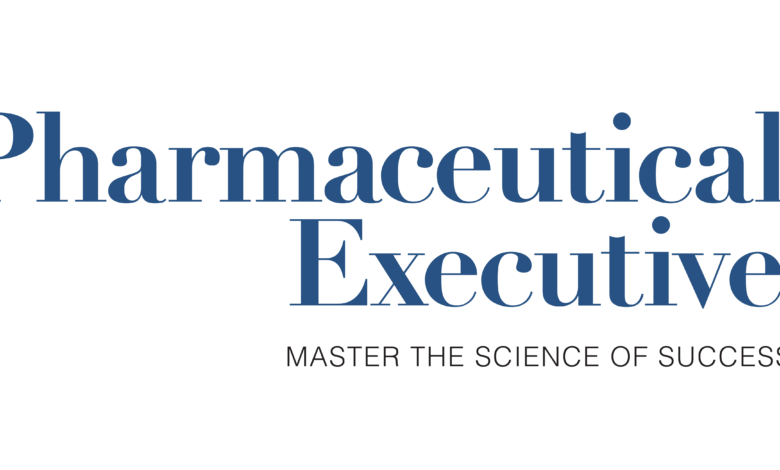Feds to Review March-In Authority on Drug Patents

Amid continued tussling over drug costs, a new working group will review the government’s authority to revoke licenses for medical products.
The escalating attack on too-high prices for prescription medicines has heightened debate over the government’s authority to revoke licenses for medical products that are developed with support of public funds. The Department of Health and Human Services (HHS) and Department of Commerce (DOC) recently announced a broad review of the “march-in” authority provided in the Bayh-Dole Act of 1980 in the wake of its controversial decision to let stand licensing rights to a widely used cancer drug.1
The review will be conducted by a new Interagency Working Group for Bayh-Dole, which is charged with updating the framework for altering march-in provisions spelled out in that legislation. A main issue is whether a high price for a product provides sufficient reason to revoke a manufacturer’s license. HHS will hold a workshop later this year to discuss when it might be appropriate to implement march-in rights, with input from patient groups, industry, academic, nonprofit organizations, and legal and policy experts. And the discussion will be informed by a recent publication from National Institute of Standards and Technology (NIST) that proposes changes to streamline and clarify licensing procedures for federally funded inventions.
Challenging Xtandi and Moderna
This issue hit the headlines recently when the National Institutes of Health (NIH) rejected a petition to initiate march-in proceedings for the prostate cancer drug Xtandi (enzalutamide), marketed by Pfizer and Astellas Pharmaceuticals.2 Public interest groups had filed a petition in 2021 that called on NIH to take ownership of the patents on the drug due to its much higher cost in the US than in Canada and other countries, which limited patient access to the therapy.
At the same time, Congressional leaders highlighted the substantial NIH funding of Moderna’s COVID-19 vaccine in challenging the company’s plan to raise the price of the preventive when federal subsidies end in May. In testimony before the Senate Health, Education, Labor, and Pensions (HELP) Committee Wednesday, Moderna CEO Stephane Bancel emphasized the years of research and billions invested by his company to devise methods for quickly testing and producing such a vaccine].3 Committee Chair Bernie Sanders (I-Vt) highlighted the $1.2 billion invested by the federal government in the project in blasting the company’s plan to boost the price from $26 to $130 per shot with the end of the COVID health emergency.4
Source link
#Feds #Review #MarchIn #Authority #Drug #Patents